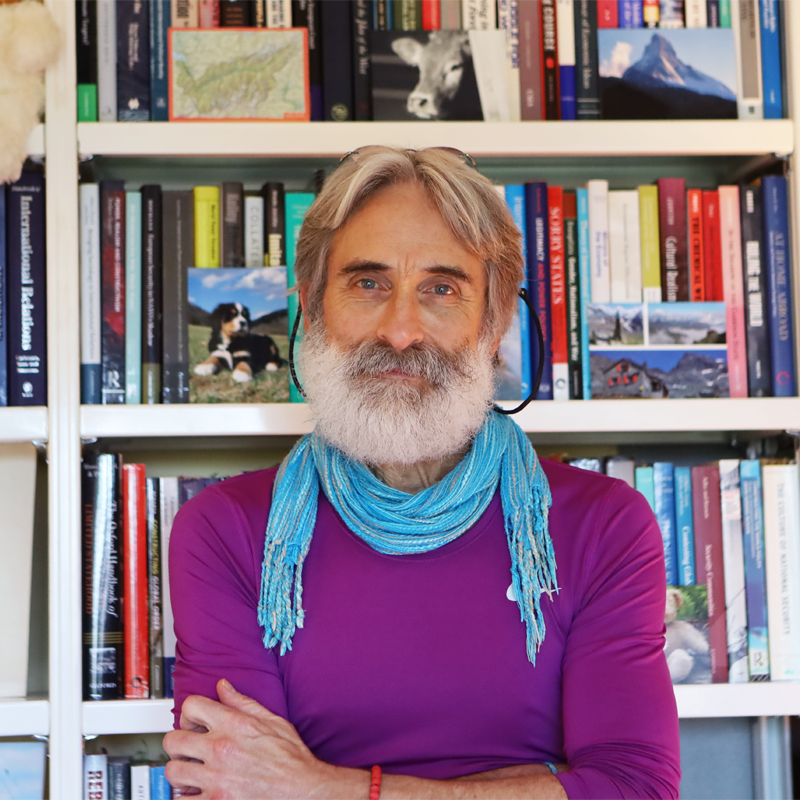Domestic Politics and Peace/Conflict: The Soviet Union in 1991 and Russia Today
Panel 1
| Monday 11 September | |
|
|
Jeffrey Checkel |
|
Monday 11 September |
KOL E 18 |
||
|
09:00 |
Admission and Registration |
||
|
09:30 |
Welcome and Opening |
||
|
09:45 |
Seminar Jeffrey Checkel European University Institute, Italy moderated by Christoph Steinert University of St. Gallen, Switzerland |
||
|
|
In 1991, the Cold War ended with (almost) no shots fired. Thirty-one years later - in 2022 - war returned to Europe. In both cases, developments in Soviet and now Russian domestic politics played a central role in bringing about these outcomes. But what do we mean by 'domestic politics'? I will argue for a broad conception, where a combination of changing domestic institutional dynamics and identity narratives empower individual agency, thus leading to unexpected, large-scale change. The Soviet leader in 1991 - Mikhail Gorbachev - chose peace, while the Russian leader in 2022 - Vladimir Putin - chose war. Why? |
||
|
10.45 |
Morning break |
||
|
11.00 |
Interactive session and Q&A |
||
|
12.00 |
Lunch break |
||
|
|
Workshop |
||
|
13.00 |
Dereje Feye Bonga University |
||
|
|
Challanges face to Democracy in India |
||
|
14.00 |
Olena Snigyr Ukrainian Institute of National Remembrance / European University Institute |
||
|
|
Russian Strategic Narratives 2022-2023 |
||
|
15:00 |
Discussion |
||
|
16:30 |
Afternoon Break |
||
|
17.00 |
Keynote |
||
|
|
Jeffrey Checkel European University Institute |
||
|
|
The Cold War ended, democracy in Europe spread and 'moved East' - and look where we are today: large scale war has returned to the continent. Indeed, something has gone wrong in the equation between democracy and peace. I argue that it has been a combination - of Western hubris, especially by the European Union; American miscalculation and disengagement; and political agency empowered by historically constructed identity narratives - that have brought Europe to where it is today. When something big happens, it is tempting to reach for simple answers. 'It's NATO's fault!' 'If it weren't for Putin ...' In contrast, I argue the opposite. To understand the return of war to Europe, we need multiple tools - institutional theory (EU's role), comparative political theory (American domestic politics), and theory on identity construction (competing identity narratives). |
||
|
18.00 |
Welcome Apero |
||
